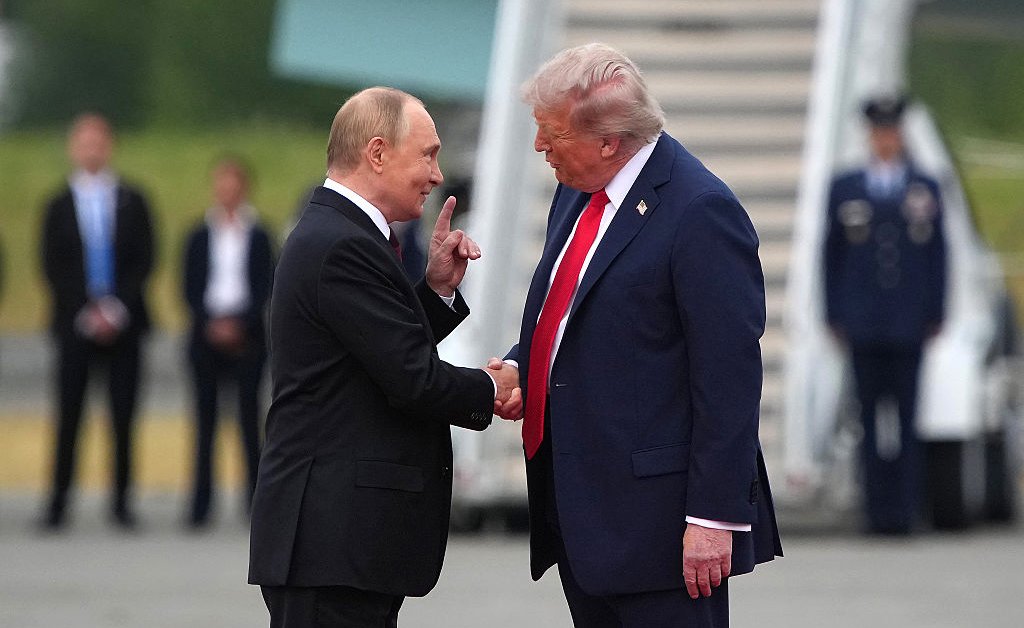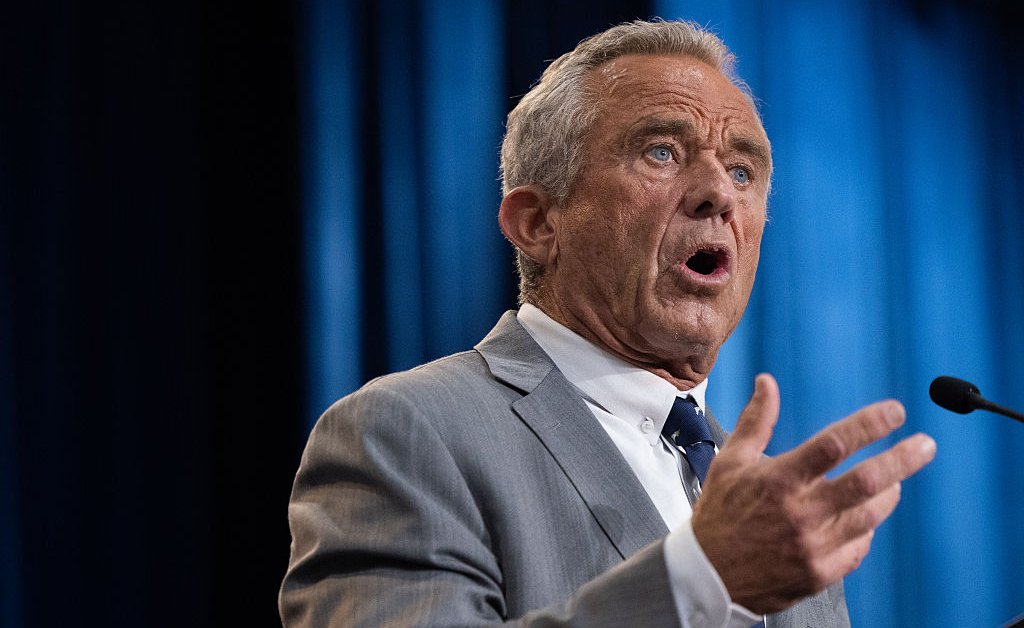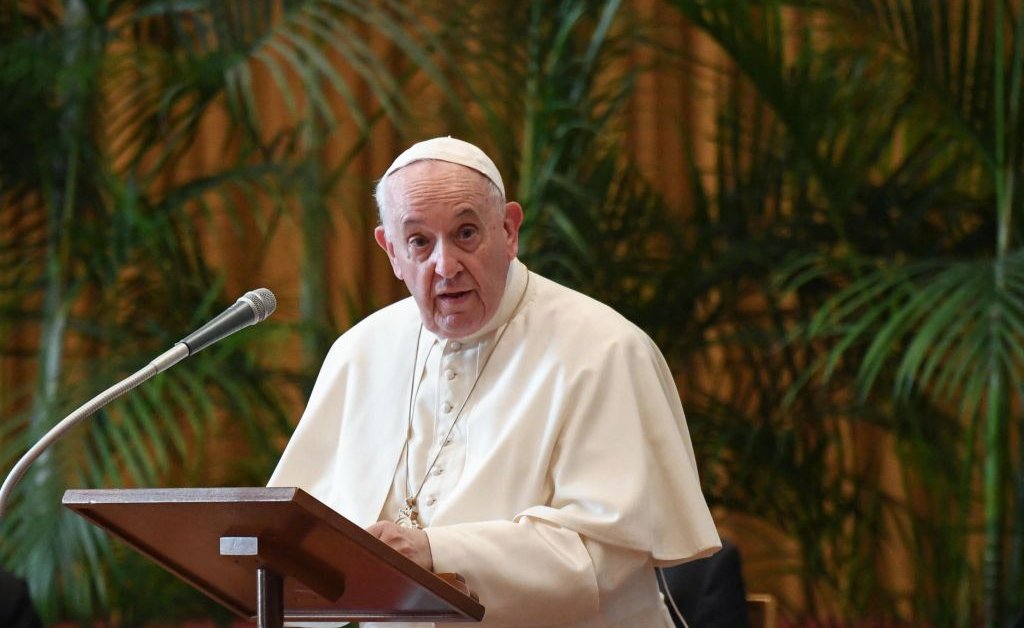It was around midnight in Moscow when Vladimir Putin took a call from the White House about the latest proposals for ending the war in Ukraine. President Donald Trump had just spent several hours in meetings with Ukrainian President Volodymyr Zelensky and seven other leaders from Europe who had come along in a frantic effort to shore up U.S. support for the Ukrainian position. Now Trump was telling Putin about what he believed needed to be the next step: The leaders of the warring sides, Trump said, should meet in person and try to make progress toward peace. Putin seemed to have other plans.
After the call, the Kremlin issued a mealy-mouthed statement, suggesting that it might be worth “exploring the possibility of raising the level of representatives” in future peace talks. Whatever that means, it seemed a long way from accepting Trump’s invitation for Putin sitting down with Zelensky. On other points, too, the Russians reverted on Monday to their familiar methods of wartime diplomacy: making threats, issuing demands, and playing for time to continue their invasion of Ukraine.
The threats from Moscow became especially aggressive when it came to the central question of Monday’s closely watched talks at the White House: How to secure any peace agreement with the Russians? Who would guarantee that peace? And by what means?
On these points, Trump seemed to move closer to the position of his European allies. “We’ll help them out with that,” he said during his press conference with Zelensky early in the day. “We will give them very good protection, very good security.” He even said the protections would be “NATO-like,” echoing the promises of several European members of the NATO alliance, who have expressed a willingness to secure any future peace deal in Ukraine using their own troops.
Those statements began to approach what President Zelensky has long been seeking: a clear commitment from the U.S. and its allies that they would step in to defend Ukraine from any future Russian invasion. Without such a commitment from his allies, Zelensky has argued that Ukraine cannot agree to any peace deal, because it would be based on little more than Putin’s word.
Trump’s promise on Monday to “help out” with the future defense of Ukraine seemed like a tentative but tangible step on the path to real security guarantees. It was enough to provoke a furious response from Moscow. In another statement issued during Trump’s talks in the White House on Monday, the Russian foreign ministry said that any scenario involving NATO troops coming to Ukraine’s defense in the future would risk “an uncontrolled escalation of the conflict with unpredictable consequences.” Any firm attempt to secure the peace, in other words, would only deepen the war.
That did not leave Trump with any clear options for advancing the peace process beyond the latest stage of Russian obstructionism. In his concluding statement on Monday, after at least five hours of talks with the visiting leaders from Europe, Trump said he “began the arrangements for a meeting” between the leaders of Russia and Ukraine. But he did not say Putin had agreed during their call to participate in any such meeting.
On the crucial question of security guarantees for Ukraine, Trump also sounded a lot more circumspect as the long day of negotiations wound down. “We discussed Security Guarantees for Ukraine, which Guarantees would be provided by the various European Countries, with a coordination with the United States of America.” This sounded a lot less convincing than Trump’s suggestion earlier in the day that Ukraine would receive a “NATO-like” commitment to its security.
But, given the pushback he got from the Kremlin, Trump did not have room to promise much more. Last week, after his summit with Putin in Alaska, he had already set aside his main source of leverage over the Russians—the threat of sanctions and tariffs that could weaken Putin’s economy. “We don’t have to think about that right now,” Trump remarked.
In a TV interview on Sunday, Secretary of State Marco Rubio confirmed that the threat of sanctions against Russia was off the table for now. “I don’t think new sanctions on Russia are going to force them to accept ceasefire,” Rubio said on NBC’s Meet the Press. But it wasn’t clear on Monday what other means Trump has to bring Putin to the negotiating table. Based on the Kremlin’s responses to his latest effort at securing a durable peace, the Russians would much rather let the war continue.








